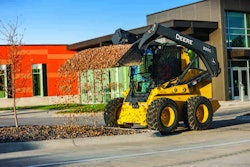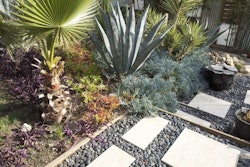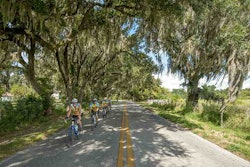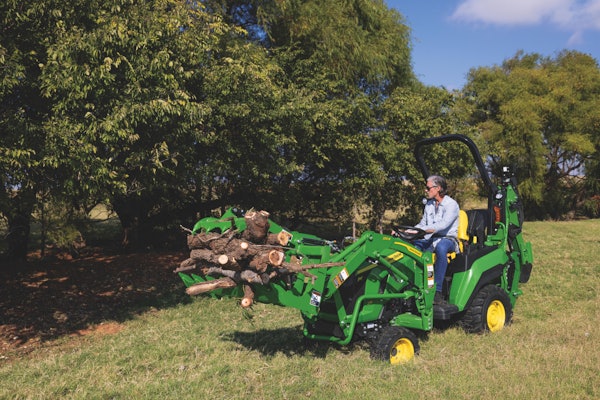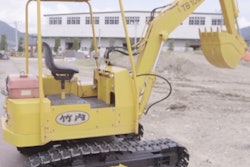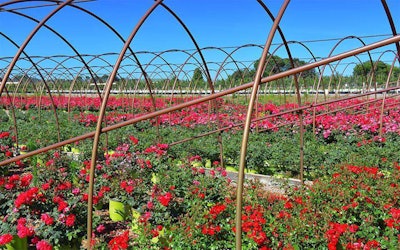 The SANC program is designed to reduce the spread of plant pests and grow healthier plants.
The SANC program is designed to reduce the spread of plant pests and grow healthier plants.Photo: McKay Nursery Co.
McKay Nursery Co., based in Waterloo, Wisconsin, is the first nursery to be certified in the national Systems Approach to Nursery Certification (SANC) program.
The 119-year-old company was one of the eight nursery participants in the pilot program developed by the National Plant Board (NPB). The goal of SANC is to mitigate the spread of plant disease and pests by using a systems approach.
The nurseries work with the state certifying agency to identify critical control points and develop a system of best management practices (BMPs). It is expected that this program will enhance uniformity, increase efficiency and reduce pest distribution through the nursery supply.
In order to become certified, the pilot nurseries had to:
- Ensure that plant material is free from quarantine pests based on regulatory compliance agreements.
- Actively scout non-quarantine plant material and eliminate any problems using effective measures responsibly.
- Grow plants in a management system that prevents and minimizes plant pest risk.
- Maintain the integrity of the SANC program with plant material traceability records, staff training, documentation of corrective actions, and by completing multiple annual internal and external audits.
“Being certified in SANC guarantees customers the healthiest plants possible and they can rest assured in purchasing with us,” said Tom Buechel, McKay Nursery’s head of production. “Emerging and ongoing pest problems in the nursery production business costs businesses and consumers a lot of money. If you don’t know how your plants were produced, you run the risk of getting inadequate plants and will possibly end up spending more of your time and money.”
Along with McKay Nursery, which specializes in growing and selling wholesale and retail plants, nurseries and greenhouses in seven other states also are closing in on certification.
Conard-Pyle Co. in West Grove, Pennsylvania, is home for Star Roses and Plants with their Knock Out Roses. Forrest Keeling Nursery in Elsberry, Missouri, specializes in native plants and is known for their root production method that enables stock to have a higher transplant success rate.
Greenleaf Nursery Co. in Park Hill, Oklahoma, is one of the country’s largest and most diverse nursery production operations. Lucas Greenhouses in Monroeville, New Jersey, has more than 1 million square feet of indoor growing facilities and over 30 acres of outdoor production.
Southeastern Growers, Inc. in Watkinsville, Georgia, is a wholesale nursery that cultivates trees from broadleaf evergreens to shade trees and ornamentals. Oregon Pride Nurseries, Inc. in McMinnville, Oregon, is a wholesale grower of cold hardy conifers, trees, shrubs, and more.
Walla Walla Nursery Co. in Walla Walla, Washington is a wholesale nursery that focuses on ornamental grasses, grass-like plants and perennials.
“Going through the SANC process helped us create a better organizational structure,” said Mike Richardson, head grower at Walla Walla Nursery. “Putting our plan on paper fortifies what we’ve been working toward.”
The pilot program is expected to expand, becoming available to all nurseries during the next two years.
